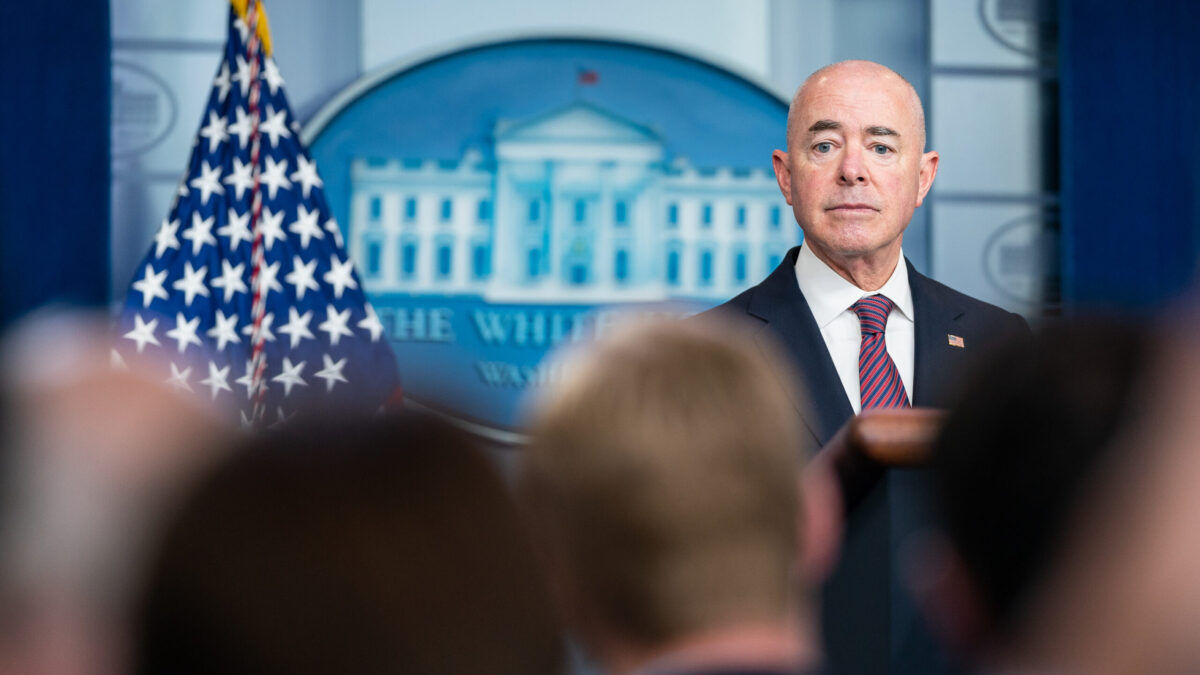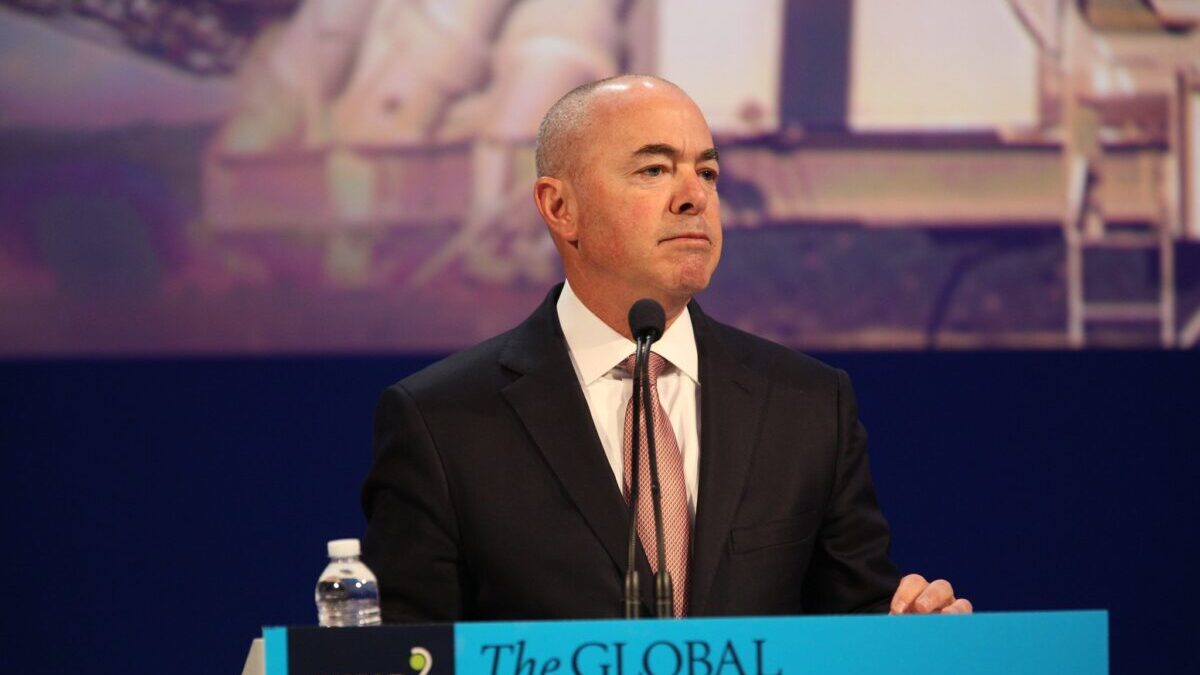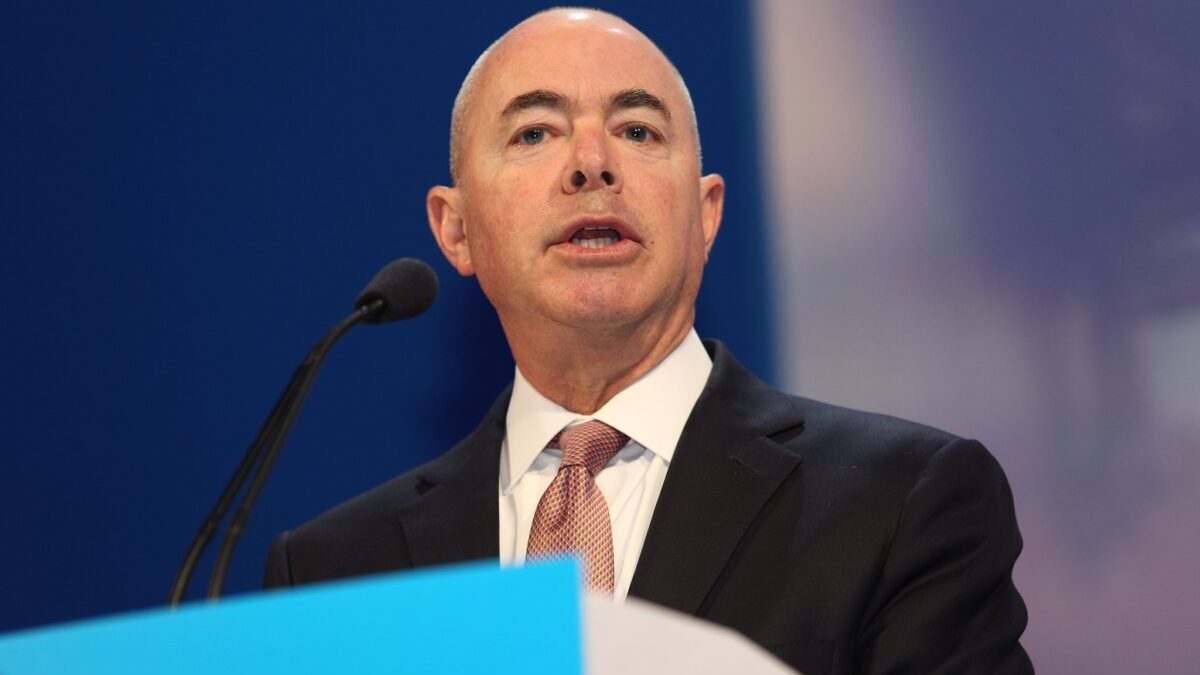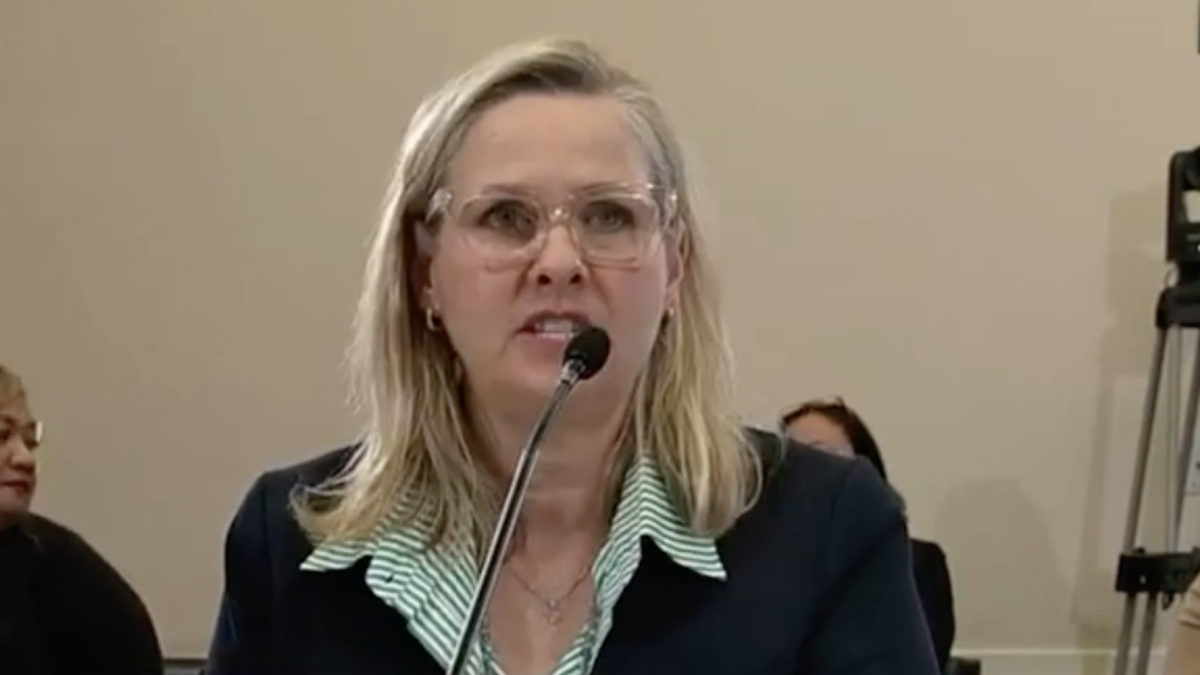
Last week, CNN’s Manu Raju asked Sen. Martha McSally whether she would acquiesce to Democratic demands for more witnesses and evidence in the impeachment trial of President Donald Trump. The Republican from Arizona declined to answer the question, calling him a “liberal hack.” Raju, who published articles promoting the Russia collusion hoax and other Democratic efforts, was vociferously defended by his colleagues. Jake Tapper said Raju was reasonably asking the “question of the day.”
In a way, he was. The question of the day in a media filled with activists tends to be the Democratic question of the day, with the effect of helping advance that party’s narratives and objectives. And so it has been with the media rush to pin down Republican senators that Democrats have targeted. That’s why McSally was being run down in the hallways. Other “Republican senators to watch,” we keep being told, include Susan Collins of Maine, Mitt Romney of Utah, Lisa Murkowski of Alaska, Lamar Alexander of Tennessee, and Cory Gardner of Colorado.
The media and Democrats have different reasons for targeting each. Murkowski is an independent who is easily swayed by Democrats. Collins is a moderate who didn’t even vote to convict President Bill Clinton during his impeachment trial, even though he’d clearly perjured himself and obstructed justice. Still, Democrats hope that her notorious concern for propriety might be exploited along the way as they seek to save an impeachment for which an acquittal is a foregone conclusion. Plus, Collins is running for re-election.
Romney is out of step with his party related to Trump, and Alexander is a lame duck who also never cottoned to Trump. Gardner, like Collins in Maine, is in a tough re-election campaign in Colorado. These are the senators the media and Democrats hope will change their votes. They like to hope for things.
Yet reporters rarely if ever talk about Democrats’ mirror image problems here. Joe Manchin of West Virginia is, like Romney, out of step with his party on Trump. Yet both are likely to vote against impeachment. Gardner and Collins are in tough re-elects, yes, in states that Hillary Clinton won in 2016.
Gary Peters of Michigan is in a state that Trump won and is competitive heading into this election. The media focus on Collins and Gardner — and not Peters — because they want Collins and Gardner to lose.
Yet impeachment isn’t popular in Michigan, and voters who had planned to split their vote may find it more difficult if Peters sides with partisans such as impeachment manager Rep. Adam Schiff, the man who perpetrated the Russia collusion hoax. Jeanne Shaheen of New Hampshire and Tina Smith of Minnesota face a similar problem, in states Hillary Clinton eked out narrow victories in and which are expected to be competitive.
I spoke about this the other night on television.
.@MZHemingway on @GaryPeters and vulnerable red-state Democrats:
“We don’t even talk about how this might be tough that they’re expected to side with someone who’s know as such a partisan, like Adam Schiff.” pic.twitter.com/6dkLGEUV1Q
— Michigan GOP (@MIGOP) January 22, 2020
Sen. Doug Jones of Alabama is extremely unlikely to win his reelection bid, but as his previous election showed, it all depends on who his opponent is. He may not want to seal his fate by siding with impeachers in a state Trump won by nearly 30 points.
Another Democratic senator to watch is McSally’s colleague in Arizona, Sen. Kyrsten Sinema. Sinema has surprised observers with her efforts to reach out to Republican constituents. Votes in support of Trump’s impeachment conviction aren’t her brand.
One ridiculous thing about adopting this Democratic framing about Republican senators to watch is that the House just had impeachment proceedings and not a single Republican joined them, no matter how much they dislike Trump, no matter how moderate they are, no matter if they are leaving office. Not a single one.
By comparison, 31 Democrats joined with Republicans to impeach Clinton. In Trump’s case, the only bipartisan coalition was the one opposed to his impeachment. Three Democrats failed to support their party’s impeachment effort. It would be one thing if Democrats had played their hands in such a way as to take the Resistance-fueled support for Trump’s impeachment and build on it by developing a solid case. That movement never appeared, no matter how much push polling media organizations engaged in.
Another problem is that vulnerable Republican senators face at least as much pressure to not cave to Schiff as anything else. Consider the 2016 election, in which the inside-the-beltway crowd advised Republican candidates to separate themselves from Trump. Feel free to ask former Sen. Kelly Ayotte, an absolute darling of the D.C. establishment, how following that advice turned out for her.
Or look at Joe Heck, whose renunciation of Trump in the closing days of his Nevada race for a Senate seat sealed his fate as well. Compare them to Roy Blunt of Missouri and Todd Young of Indiana. Blunt eked out a win in a state Trump won easily and Young trounced his opponent in Indiana. And these results occurred before Trump became an incredibly popular president among Republican voters.
Looked at this way, Collins and Gardner — and specifically Gardner — aren’t in tough positions at all. They might not win their races, but they’ll be more likely to lose them if they get behind Schiff’s impeachment. Collins does have stature as a long-time senator and a notorious moderate. Gardner would absolutely lose if he were to help Schiff. He can’t afford to lose Republican voters in his state.
It is worth noting that McSally stopped being presented non-stop as a “senator to watch” when she shut down Raju, perhaps because partisans figured they would be less able to pressure her than they had hoped.
Outside of Washington, D.C., and in swing states and contested states, impeachment isn’t popular. The media can go ahead and reflect that reality and start asking some tough questions of a half dozen or so Democratic senators as well.









